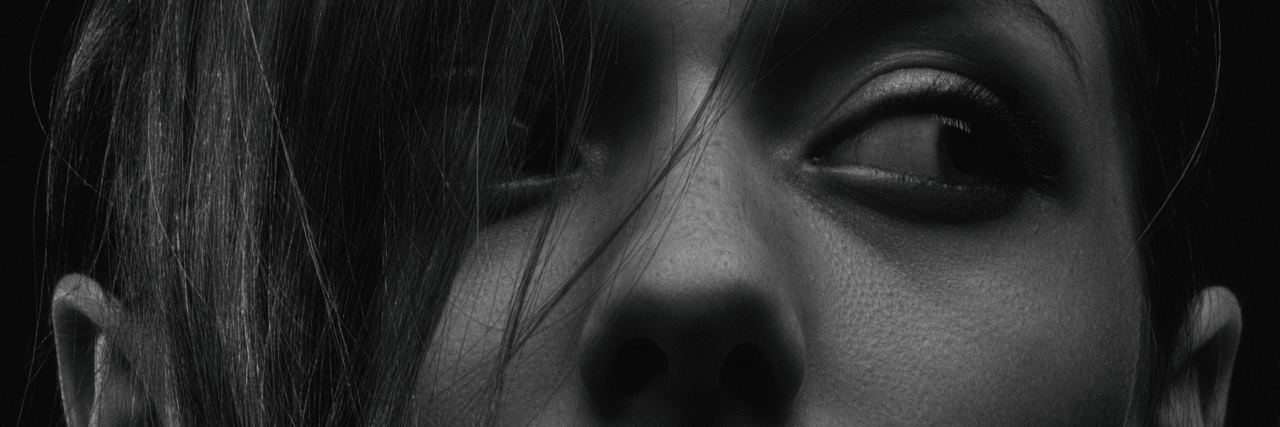Why Marijuana Isn't for Me When It Comes to Treating PTSD
Editor's Note
If you or a loved one is affected by addiction, the following post could be triggering. You can contact SAMHSA’s hotline at 1-800-662-4357.
The debate swirling around the legalization of both medical and recreational marijuana has been hot lately. While there are many pros and cons for its legalization, for the purposes of this article, I simply want to provide a personal perspective based upon my own recent experience with edible marijuana.
Just to lay the foundation, I have been diagnosed with post-traumatic stress disorder (PTSD), anxiety and depression. My PTSD is a result of child sexual abuse, emotional abuse and neglect. If the DSM-5 had complex PTSD (C-PTSD) as a diagnosis, I would fall under that definition since my trauma is considered developmental and attachment-oriented. I’ve tried smoking pot a couple of times and didn’t feel like it did anything, so I have never been interested. However, on a recent trip to Las Vegas, where it has been legalized, I decided to try a very small amount of chocolate with what they said was about 20 milligrams of THC to see if it would help me with some pain I was having.
What followed was a nightmare. It took roughly two hours to kick in and by the time it did, we were poolside. I literally felt like I was in and out of consciousness, couldn’t see clearly, could barely walk, felt totally paranoid and was convinced I was going to die in the jacuzzi because I couldn’t move or articulate that I needed to get out. This feeling reminded me of extreme depersonalization, which I’ve experienced before with my PTSD, but even worse. I felt like this the better part of the day, and slept on and off almost the entire day. It was a horrible experience and one I never wish to repeat again.
When I got back, I saw my therapist and, though I was slightly ashamed for disregarding her previous recommendation I do not use pot, I told her what happened. She said, “I’m sorry you had to learn this the hard way,” and proceeded to explain why she told me it was contraindicated for my personal combination of symptoms.
My anxiety tends to rapidly escalate into what I like to call paranoia — but what she labels “catastrophic thinking” — and usually results in a cycle of overthinking that can send me into a free fall of negative thinking for hours. She said that not everyone has a tolerance for cannabis, the same way not everyone can tolerate alcohol.
Long story short, listen to your medical professionals when it comes to what’s right for your condition. While something may seem innocuous, even commonplace, it may or may not be advised, particularly where psychological conditions are concerned and particularly when you are on psychotropic medications. I have no qualms with anyone using marijuana for recreational or medicinal purposes. My only concern is that people have the information they need to make an educated decision about whether or not it is right for you. If I had not been in a “safe” place with someone I love watching over me, the situation could have ended very badly.
And, lastly, so often we are ashamed of telling our therapists everything. We assume they are judging us and will have a negative response to us. Truth is, any therapist who is good at what they do will always meet you with empathy, care and understanding. Their personal biases do not belong in their practice.
Photo by Alexander Krivitskiy on Unsplash

